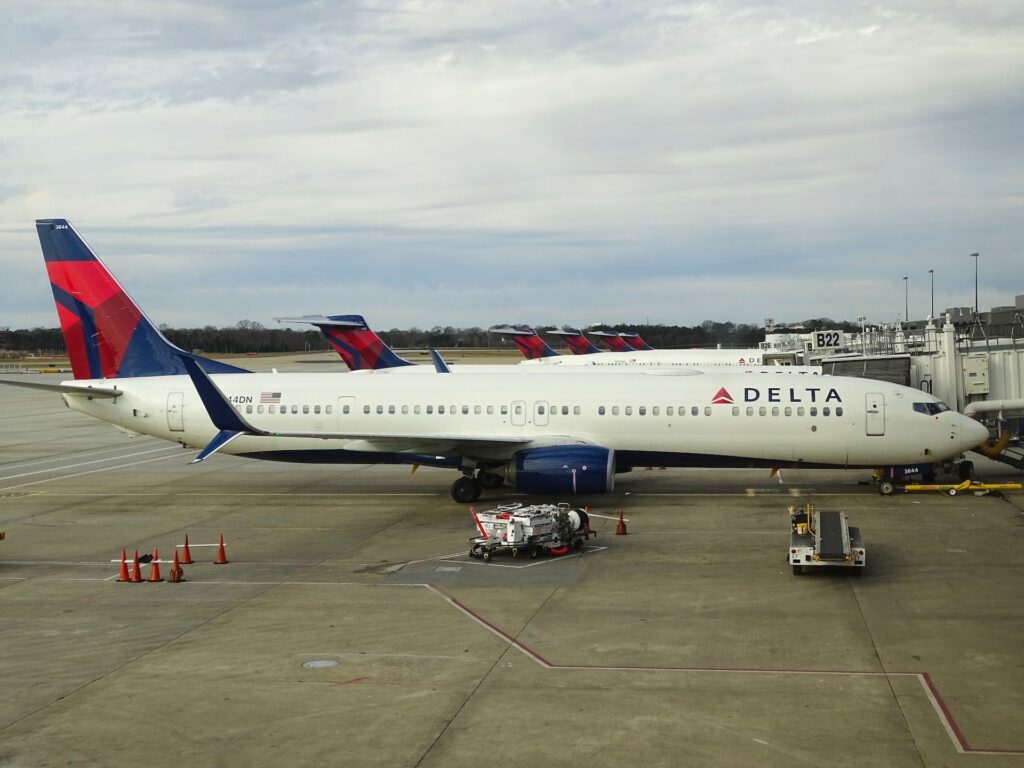
(Cupventi.com) – In a recent development casting a shadow over the aviation industry, Boeing and Airbus, the two major players in commercial airline manufacturing, are under scrutiny for allegedly utilizing titanium procured with falsified documentation. The revelations stem from evidence presented by a supplier, prompting an investigation by the Federal Aviation Administration (FAA).
The FAA, responding to inquiries from NBC News, confirmed on Friday its intent to delve into allegations raised by Spirit Aerosystems, a key supplier in the aviation supply chain. Spirit Aerosystems, headquartered in Wichita, Kansas, flagged concerns regarding the authenticity of paperwork accompanying titanium supplied to both Boeing and Airbus.
The implications of these allegations extend beyond mere regulatory compliance, underscoring broader safety and integrity concerns within the aviation sector. For Boeing, already embroiled in federal probes over safety lapses, this development compounds its ongoing challenges. However, Airbus, the European rival of Boeing, finds itself drawn into the regulatory spotlight as well.
Spirit Aerosystems swiftly took action upon uncovering the issue, initiating measures to isolate and remove the suspect titanium from the supply chain. In a statement, the company emphasized its commitment to maintaining the integrity of its products: “This is about titanium that has entered the supply system via documents that have been counterfeited. When this was identified, all suspect parts were quarantined and removed from Spirit production.”
Highlighting the scale of response, Spirit Aerosystems disclosed conducting over 1,000 tests to ascertain the mechanical and metallurgical properties of the affected material, ensuring continued airworthiness.
Boeing, in acknowledging the issue, disclosed a voluntary disclosure to the FAA regarding the procurement of potentially compromised material. The company issued a bulletin advising suppliers to remain vigilant against the risk of falsified records.
Similarly, Airbus, though acknowledging the situation, underscored rigorous testing protocols to maintain aircraft airworthiness. The company stressed its priority on safety and quality, affirming close collaboration with suppliers to address concerns.
This revelation adds a layer of complexity to the competitive landscape dominated by Boeing and Airbus, commonly referred to as a duopoly, with Airbus holding about 60% of the market share and Boeing the remaining 40%.
The aviation industry’s challenges, however, do not end here. The FAA is concurrently investigating other issues plaguing Boeing, including the recent incident involving a Boeing 737 Max jet experiencing a “Dutch roll” phenomenon during a flight from Phoenix to Oakland. This incident adds to Boeing’s tumultuous year, which commenced with a mid-air door panel detachment from a 737 Max-9 in January.
Moreover, the FAA is scrutinizing Boeing’s compliance with mandatory inspections for its flagship 787 Dreamliner jets, indicative of the regulatory spotlight on the aerospace giant. As investigations unfold, the aviation industry faces heightened scrutiny, underscoring the imperative for stringent oversight and adherence to safety standards.